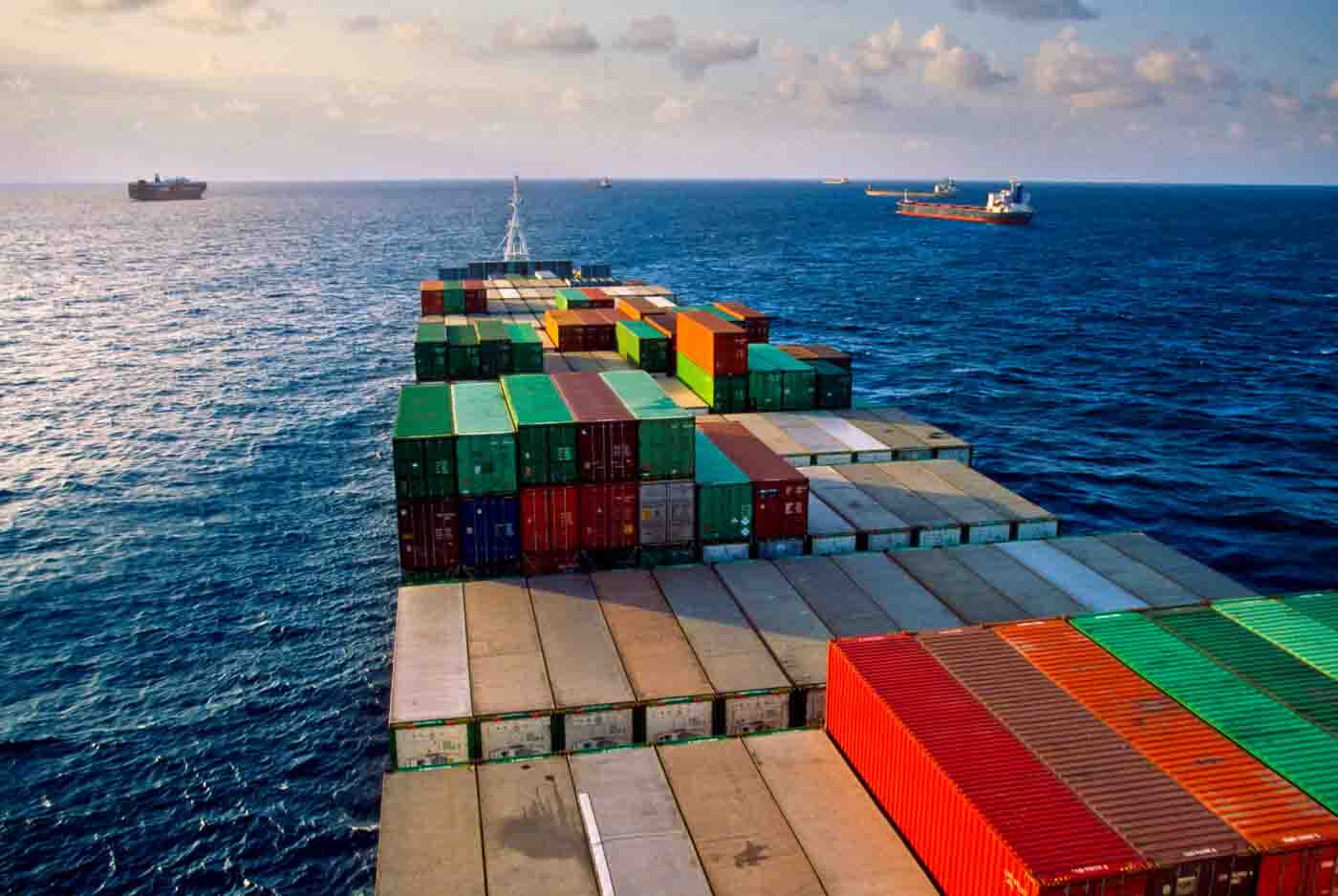(Commonwealth) _ The shipping industry is a critical component of global commerce, facilitating the movement of goods across the world’s oceans. However, the industry has long been associated with negative environmental impacts, including air and water pollution and the emission of greenhouse gases. As the world looks to reduce its carbon footprint and mitigate the impacts of climate change, the shipping industry must also step up its efforts to become more sustainable.
To this end, organizations such as the Ocean Conservancy and Clean Shipping Coalition have set an ambitious goal for the industry: achieving net-zero emissions by 2040. This is no small feat, given the current state of the industry, but it is a necessary one if we are to have any hope of mitigating the worst impacts of climate change.
So, what exactly does net-zero emissions for shipping mean? In simple terms, it means that the industry would have to completely eliminate its carbon footprint, or at least offset any remaining emissions with carbon capture or other methods. This would require a significant overhaul of the way the industry operates, from the ships themselves to the fuel they use and the ports they operate in.
One of the biggest challenges facing the industry is the use of fossil fuels, which are the primary source of carbon emissions from shipping. While there have been some efforts to transition to cleaner fuels, such as liquefied natural gas (LNG) and biofuels, these alternatives are not yet widely available or economically feasible for many shipping companies. As a result, the industry is still heavily reliant on traditional fuels like heavy fuel oil (HFO) and marine diesel, which are highly polluting.
To achieve net-zero emissions, the shipping industry will need to make significant progress in developing and adopting cleaner fuels and technologies. This could include a greater emphasis on electrification, as well as the development of new types of fuels, such as hydrogen and ammonia, that produce little to no emissions when burned. There is also a growing interest in the use of wind power, either in the form of sails or as a means of generating electricity through wind turbines.
Another key area of focus for the industry will be improving the efficiency of its operations. This includes everything from optimizing shipping routes to reducing the amount of energy needed to power ships. New technologies, such as artificial intelligence and machine learning, could play a significant role in helping the industry become more efficient, by providing real-time data on things like weather patterns, ocean currents, and fuel consumption.
In addition to these technical solutions, there will also need to be a shift in the industry’s culture and mindset. This means embracing a more sustainable approach to doing business, one that takes into account the long-term impacts of its operations on the environment and the communities that depend on healthy oceans. It also means working collaboratively across the industry, as well as with governments, NGOs, and other stakeholders, to develop and implement solutions that benefit everyone.
While achieving net-zero emissions for shipping by 2040 is an ambitious goal, it is not impossible. With the right investments in technology, infrastructure, and people, the industry can make significant progress towards becoming more sustainable and reducing its impact on the environment. It will require a collective effort from all stakeholders, but the benefits of a cleaner, more sustainable shipping industry will be felt around the world, from the communities that depend on healthy oceans to the global economy as a whole.
The shipping industry must take bold action to become more sustainable and reduce its carbon footprint. Achieving net-zero emissions by 2040 is an ambitious but necessary goal, and it will require a significant investment in new technologies, cleaner fuels, and more efficient operations. But by working together and embracing a culture of sustainability, we can create a shipping industry that is not only more environmentally friendly but also more economically and socially responsible.








